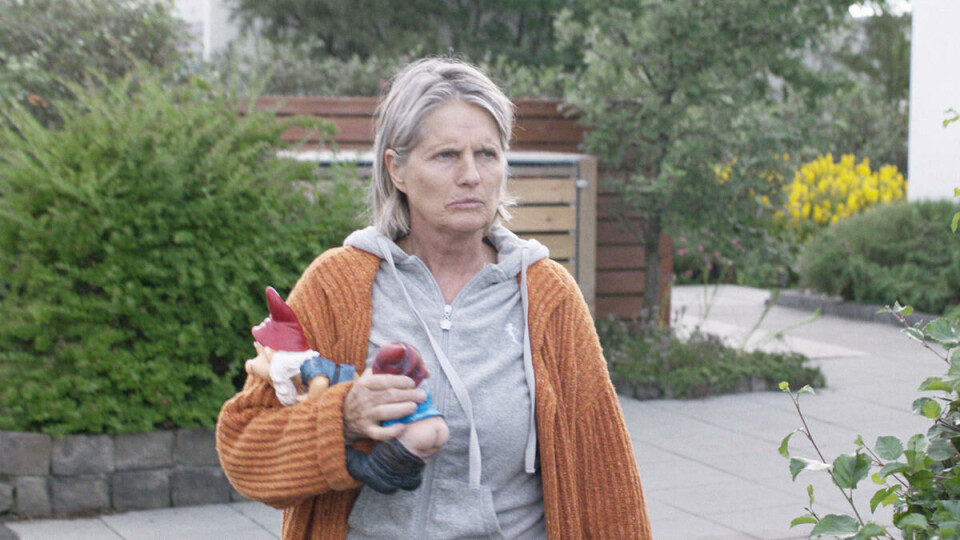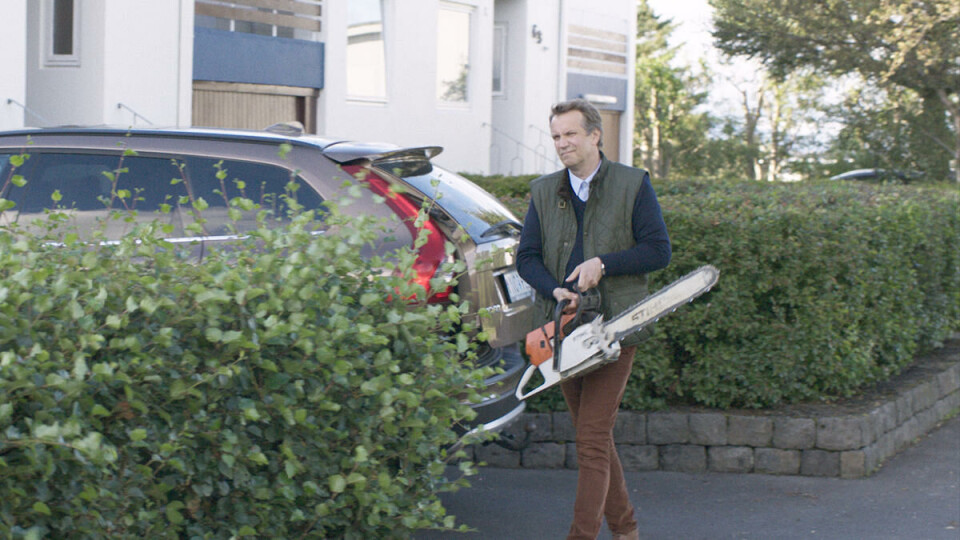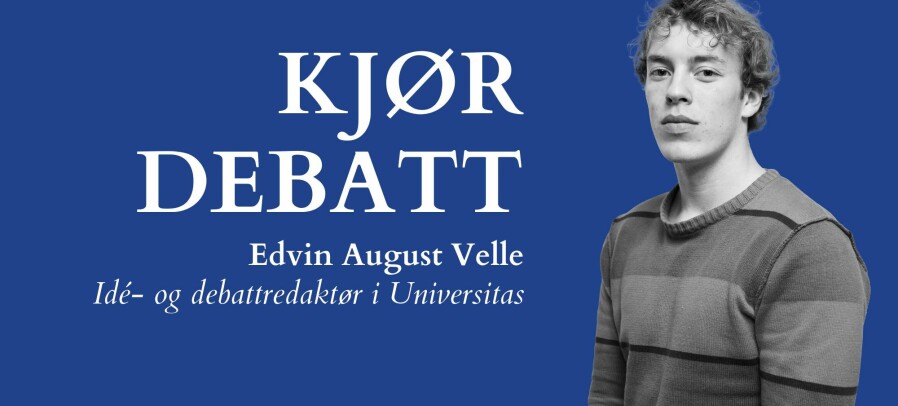
Film review: Under the Tree
A dispute over a birch tree quickly escalates into a full-on neighborly conflict in this compelling and dryly hilarious drama by Hafsteinn Gunnar Sigurdsson.
In «Under the Tree», we follow two domestic conflict. Inga (Edda Björgvinsdóttir) and Baldvin (Sigurður Sigurjónsson) are an old couple with a birch tree in their backyard, which casts a shadow on their neighbors’ backyard – something the neighbors aren’t happy about. On the other hand is Inga and Baldvin’s son, Atli (Steinþór Hróar Steinþórsson), who has possibly been unfaithful to his wife Agnes (Lára Jóhanna Jónsdóttir) and is trying to patch things up between them.
The film was screened for the first time in Norway at Cinema Neuf, the film club at the Norwegian Student Society (DNS) last week, and will be coming to cinemas in Norway sometime this summer. Director Hafsteinn Gunnar Sigurdsson joined the screening for a Q&A with the audience afterward, where he talked about the process of making the movie, as well as the themes explored within it.

War is often a neighborly conflict, but on a large scale.
«Under the Tree» is an Icelandic film through and through. The central conflict, revolving around Inga and Baldvin’s tree, is a common occurrence in Iceland. The country does not have many trees, so the ones that do exist often become sources of conflicts which can quickly escalate to extremes.
«People who have big beautiful trees become emotionally attached to them. I’ve found myself in this situation, too. There’s a tree in our garden, and someone wants to cut it down but I don’t,» Sigurdsson explained. «There’s also the fact that summer is very short in Iceland, so if you don’t get any sun in your garden, you’re going to do whatever you can to get some.»
Even if the specific nature of the conflict is uniquely Icelandic, it reflects something universal. Everyone can relate to the idea of fighting over some piece of property, or to the concept of a breakup and the struggles that accompany it. Sigurdsson, when asked about the universal themes of the film, said it was about much more than a tree dispute.
«The film is about neighborly conflict. Everyone has a neighbor, and everyone has had some kind of encounter with their neighbor. So, I think that this story could take place in many countries or communities. It is also about war. War is often a neighborly conflict, but on a large scale,» he said.
Despite being packaged as a family drama, it would be wrong to define it merely as such. The film defies typical genre boundaries, and successfully incorporates elements from all kinds of films. The conflict over the tree has the buildup and suspense that many horror and thriller films hope to achieve and pulls it off better than most of them do. More impressive is the fact that it manages to do this using such an innocent premise.
It’s being sold as a comedy, but it’s just a story to me – about real people and their real problems.
Still, perhaps most interesting is how the film manages to be just as much of a black comedy as a drama, in such a way that does not feel forced or inappropriate. Sigurdsson had this to say about the comedic aspect of the film:
«I think it’s a sad and heavy story in some ways, but you’re always looking for contrasts. The dramatic moments work well when you have the funny moments, they bring a greater dynamic to the work. I’m often asked to define what genre the film belongs to. Well, it’s being sold as a comedy, but it’s just a story to me – about real people and their real problems.»

In many ways this makes the film feel more realistic than most other dramas, showcasing those few humorous moments that we come across even in the darkest of situations.
The film also effectively captures the moral ambiguities of life. Even as the conflict over the tree escalates to an unreasonable degree, it is very difficult to determine who is in the right, and the viewer ends up sympathising with everyone to some degree. Similarly, even if Agnes’ outrage towards her (cheating?) husband Atli is perfectly reasonable and justified, Atli still manages to come across as a sympathetic figure.
«Under the Tree» is an excellent character driven drama with a large dose of black comedy. If you’re not a fan of slow paced films, this one may not be for you, but between the many conflicts in the film, the great characterization, and the numerous laugh-out-loud moments, you are unlikely to lose interest at any point.
Editor’s note: The writer of this review is a member of Cinema Neuf, where the film was screened. This review is not intended as an endorsement of Cinema Neuf.
































